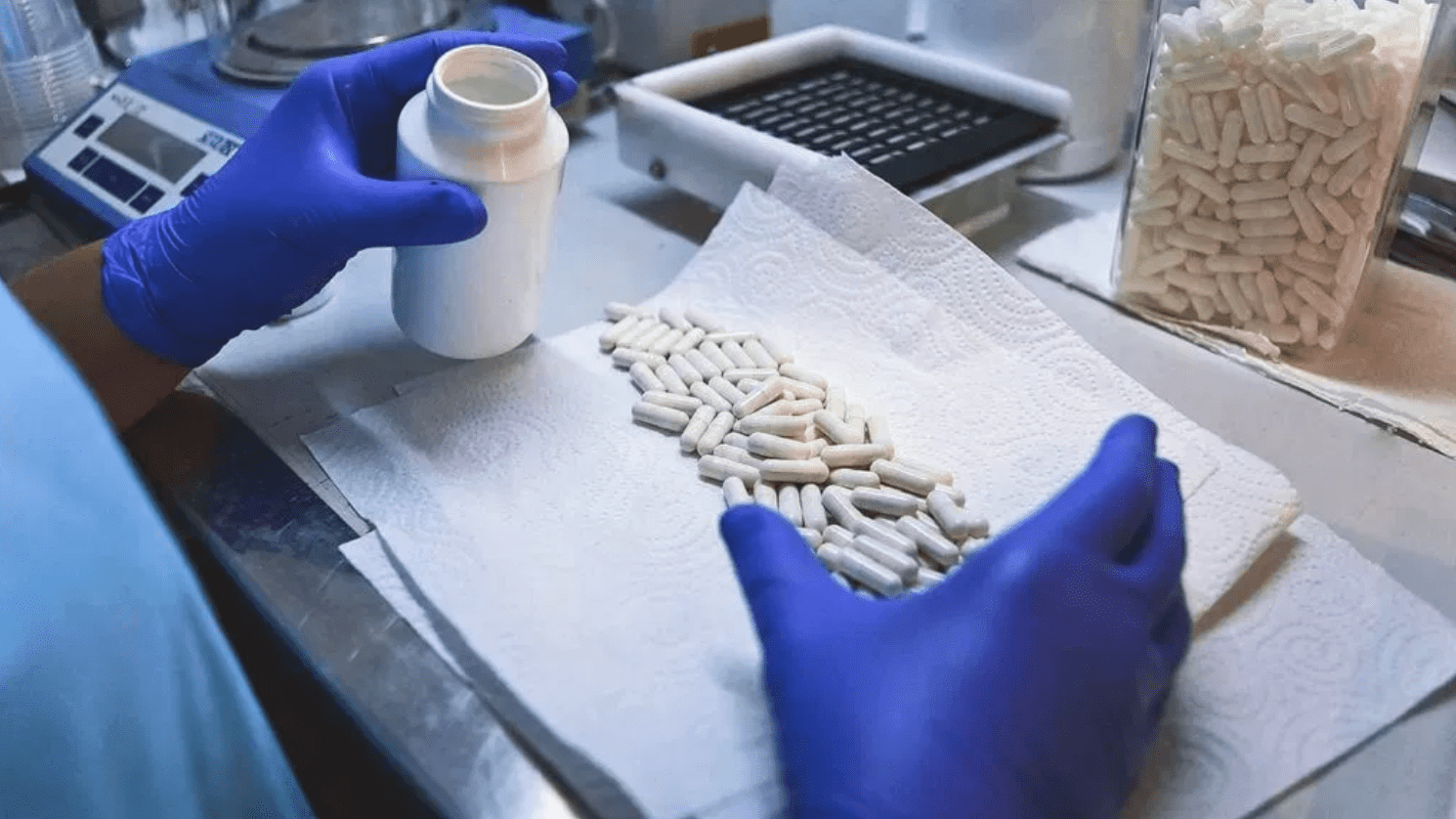Intercept Pharmaceuticals officials say their new drug performed well in a phase III clinical trial, so they’ll ask for FDA approval.
Nonalcoholic steatohepatitis (NASH), a type of nonalcoholic fatty liver disease, is a tough condition to live with — namely because there are no drugs on the market designed to treat it.
That could soon change, however, if a pharmaceutical company is able to push a new drug onto pharmacy shelves.
Intercept Pharmaceuticals, a company known for developing treatments for chronic liver diseases, announced earlier this month that they’ve successfully completed a phase III trial of the REGENERATE study.
The goal? Creating a drug designed to treat NASH as well as liver fibrosis.
The company has announced its intention to seek regulatory approval in the United States and European Union to bring the drug to market by the end of the year.
“As the first successful pivotal trial in NASH, REGENERATE is an important advancement for the liver community,” said Dr. Zobair M. Younossi, professor of medicine at Virginia Commonwealth University’s Inova Campus and affiliate professor of biomedical sciences at George Mason University, plus chair of the REGENERATE Steering Committee, in the statement.
However, while it could be the first NASH-specific drug available to consumers, it’s hardly a game changer, says one expert interviewed by Healthline.
Prevalence increasing
Nonalcoholic fatty liver disease (NAFLD) includes two subtypes: nonalcoholic fatty liver (NAFL) and NASH.

While both conditions cause a fatty liver, NASH is more severe as it also includes inflammation of the liver, which can lead to more severe complications.
“NASH is the far end of the spectrum of fatty liver disease,” explained Dr. Keith Roach, chief medical officer of Sharecare and associate professor of clinical medicine at Weill Cornell Medicine in New York.
“The spectrum starts at non-alcoholic fatty liver, then goes all the way over to NASH,” Roach told Healthline. “Eventually, it can lead to cirrhosis. The epidemiology is definitely increasing. It’s certainly big, important, and not to be taken lightly.”
Indeed, NAFLD is one of the most common causes of liver disease in the United States. It’s estimated that 30 to 40 percent of U.S. adults have NAFLD, and 3 to 12 percent have NASH.
The main risk factors for fatty liver disease include a sedentary lifestyle, diabetes, obesity, high sugar intake, and old age.
Like type 2 diabetes and heart disease, patients with NAFLD are typically encouraged to lose weight and exercise in order to manage the condition. In extreme cases, patients may undergo bariatric surgery to lose weight.
There are no drugs on the market that are specifically designed to treat the condition, but that could soon change.
Better than nothing
The drug developed by Intercept Pharmaceuticals utilizes obeticholic acid to improve liver fibrosis without worsening the patient’s NASH.
Intercept declined to provide Healthline with a comment, but Dr. Mark Pruzanski, president and chief executive officer of the company, said in the press release that he’s pleased with the outcome of the phase III study.
“We are thrilled to report the first positive registrational Phase 3 study results in patients with NASH, a devastating disease that is on track to become a leading cause of liver transplant in coming years,” he said.
The trial had two primary endpoints: improving fibrosis and improving NASH.
It succeeded on the former but failed on the latter. But because one of the endpoints was reached, the company says it plans to seek regulatory approval.
While the drug can be helpful for liver fibrosis but doesn’t do much for NASH, it also doesn’t make things worse either.
“It’s better than nothing,” said Roach. “Otherwise, we have dietary treatments and those are very hard to keep people doing properly. When they’re used, they can be really effective, but it takes a motivated patient and a clinician who’s willing to take the time.”
Roach says that the medical world will continue to innovate and develop effective drugs. But it’s an incremental process.
“I think eventually we’ll have effective treatments for liver disease,” he said. “There are a number of them that are being developed. Some of them have failed already and some of them are still looking pretty interesting.”

“One thing the pharmaceutical industry is really good at is finding a niche and developing a drug that’s going to have some effectiveness,” he noted.
Living right
Liver disease is hardly the only potential side effect of living an unhealthy, sedentary lifestyle.
For those with NASH, diabetes, or heart disease, a doctor’s advice will sound pretty similar: lose weight, reduce sugar intake, and eat healthy.
Even though NAFLD and NASH are, by definition, not caused by alcohol, alcohol is still a red flag. Roach explains that even a modest amount of alcohol can cause serious complications for those living with the condition.
“Alcohol is absolutely off the diet for somebody with even moderate non-alcoholic fatty liver,” he emphasized.
Another thing to watch out for if you have or are at risk of developing NAFLD is hepatitis.
“Hepatitis A and hepatitis C are vaccine preventable, but not everyone has got them,” said Roach. “They can be devastating for people with underlying liver disease.”
For any of these conditions, the promise of a magic bullet that would solve everything is tempting, but it’s clear that no such thing exists yet.
“For right now, the most effective prevention and the most effective treatment is still lifestyle,” said Roach.
The bottom line
The first drug to help treat nonalcoholic steatohepatitis (NASH), a type of nonalcoholic fatty liver disease may be on the market by the end of this year.
Officials at Intercept Pharmaceuticals said their new drug performed well in a phase III clinical trial.
They noted the drug did not lessen symptoms of NASH, but it did improve liver fibrosis.
One expert said the new drug wouldn’t be a game changer for fatty liver disease treatment, but it’s also “better than nothing.”
People with fatty liver disease are encouraged to lose weight, exercise, eat healthy and avoid alcohol.
Originally posted 2019-06-03 12:35:17.

